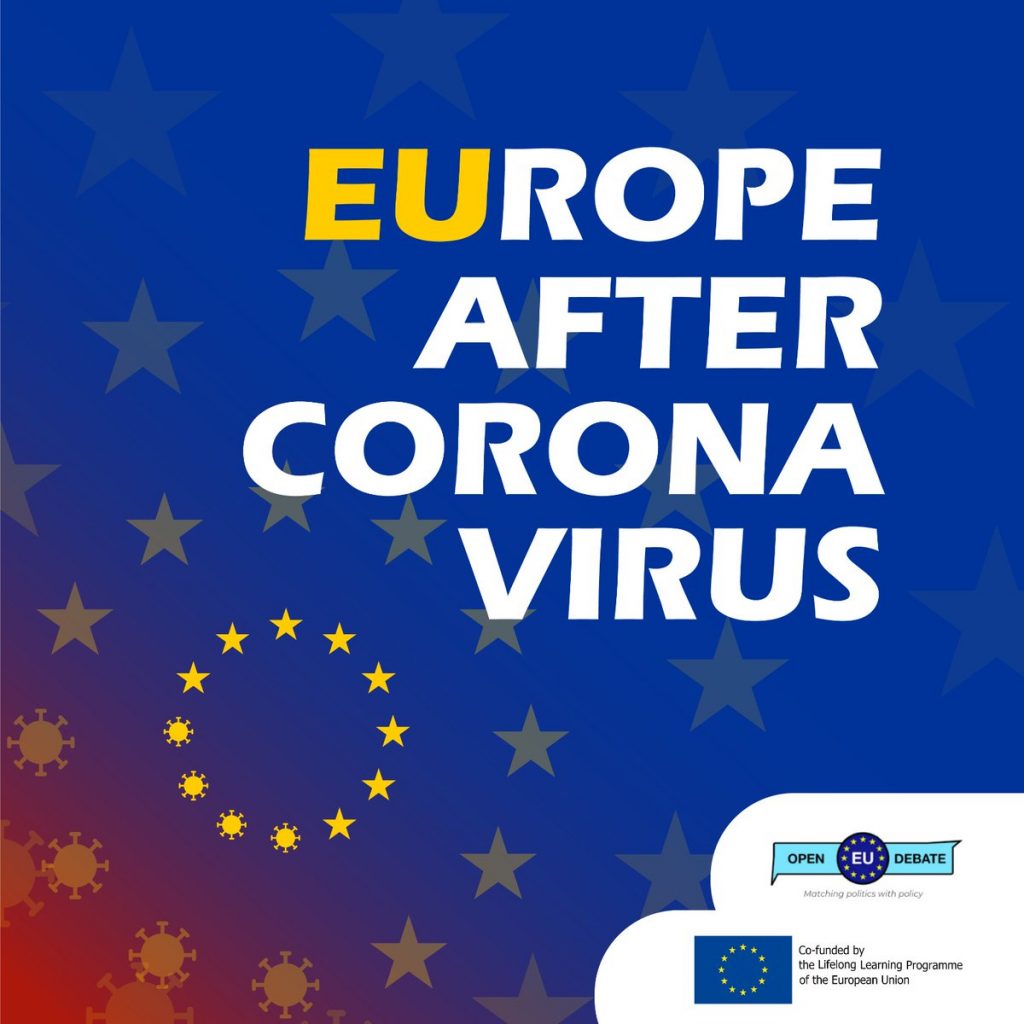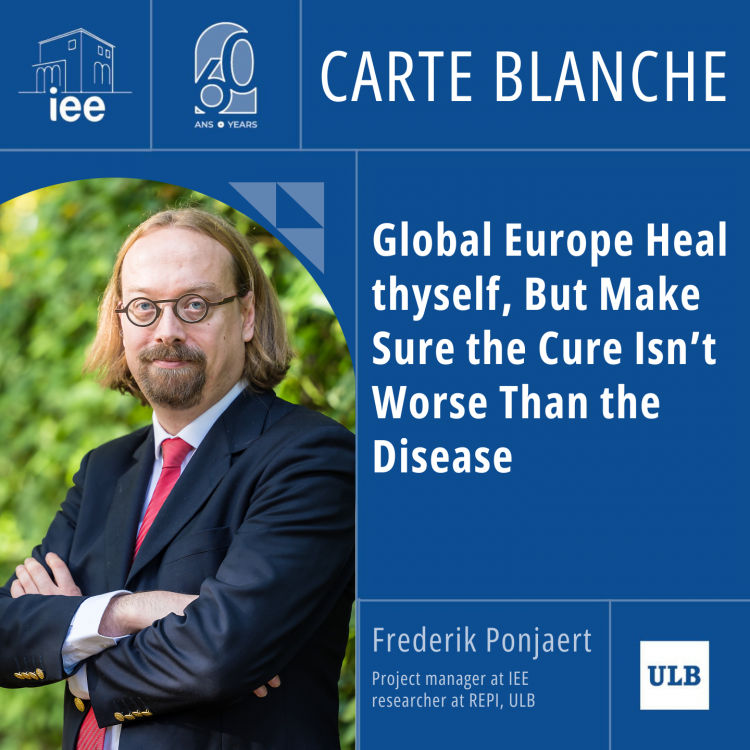The impact of COVID-19 has shaken the world, and with it, the discussion on the future of Europe. The OpenEUDebate Jean Monnet Network, of which the IEE-ULB is a member, started a series of podcasts analysing how citizens and academics can contribute to the debate.
The podcast series
“This podcast series addresses the different dimensions of the ongoing crisis on different European policies, political actors and citizens. As citizens are in lockdown, the European public sphere is burgeoning with debates, initiatives, analysis and foresight thanks to all sort of online initiatives. But will these make an impact in the debate? How and who can translate these proposals into the political and policy making arena? Is COVID19 a chance to close East-West gaps?” asks OpenEUDebate in the introduction of the series.
The IEE-ULB, as partner in OpenEUDebate, is participating in this podcast series. Ramona Coman, IEE President; Amandine Crespy, academic coordinator of the Master’s in European Studies; Laszlo Andor, IEE professor and Alvaro Oleart, IEE scientific collaborator share their thoughts on the impact of COVID-19 on some of the episodes.
COVID19: a chance to close East-West gaps?
In this episode, specialists debate about the outcomes the COVID-19 crisis may bring to the East-West divide of the European Union. “Just as North-South oppositions structured the eurozone debate, most analysts expect the pandemic to deepen economic, social and political divides between Eastern and Western Europe: recovery strategies may diverge inside and outside the Eurozone, and the states of emergency and ‘rally round the flag’ reflexes may favour power grabs by already illiberal governments,” proposes OpenEUDebate.
May these exceptional circumstances provide a chance to close this pre-existing gap by mobilising resources and policies that were not imaginable before the pandemic: stronger tools in rule of law enforcement, a larger budget and new policies?
What will happen to unemployment benefits in the EU?
The OpenEUDebate proposes on this episode a debate around COVID-19 fuelled unemployment and how the measures different member states will take may result in divergences in the internal market and social crises.
“In this context the EU Commission has proposed a new programme called SURE “supporting short-time work schemes and similar measures, to help Member States protect jobs and thus employees and self-employed against the risk of unemployment and loss of income.” Is this the beginning of more direct EU involvement in national unemployment schemes? Will SURE be enough? Are other social protection measures also necessary?”
The future of Europe post-Coronavirus
“European integration has progressed with every crisis, and yet each one raises concerns about disintegration. The coronavirus is no different: it may contribute to new EU competences in health coordination and social protection but also to the raise of anti-European forces,” says OpenEUDebate.
The Jean Monnet netowork proposes a debate around the impact of COVID-19 and proposes the following questions:
– Can we still apply the well-known trope that EU integration is deepened in crisis times or will this crisis be the fundamental one?
– Will the role of the welfare state in providing health and social services be sustained?
– Will this crisis challenge Europe’s position in the world?
What is OpenEUDebate?
“OpenEUDebate, like our slogan says, is ‘matching politics with policy.’ Our job at the university is to bring closer the knowledge we have at the academic level to the political debates about Europe,” says Luis Bouza from Universidad Autónoma de Madrid.




